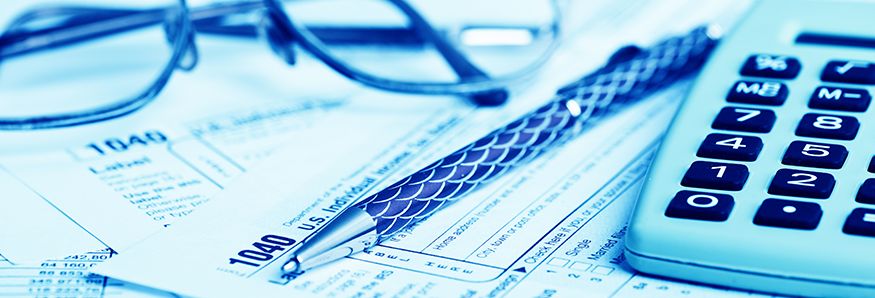Can you believe it's Christmas this weekend already? Wow, the fall really flew by. Hopefully you are staying warm out there as our area has really gotten an unseasonably cold and snowy start to the winter. Anyways, in honour of everyone’s favourite present-bearing, cookie-eating jolly fellow, we present our real estate wish list for a prosperous 2017.
Continued Economic Growth
2016 was a great year for our local economy. A strong economy is the backbone of a healthy real estate market. Things look primed to continue in 2017 and hopefully that rings true.
Continued Migration To The Windsor Area
Without a doubt, the local real estate market has gotten a boost from retirees moving here for the low real estate prices and warmer climate. We are also seeing a return of people who went out west (Alberta) for jobs and are returning after our local economy is creating jobs again. More immigrants are also choosing the area as opposed to the large centres (GTA, Calgary) for the same reasons. Hopefully this trend continues for 2017 and beyond.
More Industrial Inventory
The industrial market started 2016 very tight and only got tighter as the year went along. Everyone seems to need more space for the contracts they have and they’ll have to start turning away work due to not having the space to produce. The area seems ripe now for new construction of industrial buildings. This ties into our next wish…
More Serviced Industrial Land
Continuing the theme of industrial space shortage, the only way to meet the current demand seems to be to build more buildings. The problem is we don’t have much in the way of serviced industrial land that is “shovel ready”. This is a complicated problem that involves city zoning, planning, servicing, etc and needs to be discussed. Companies could start skipping over the area as a potential destination for their plant due to not being able to get the facilities they need.
Local Employers Successfully Filling More Open Positions
Everyday we deal with business owners. The most common complaint we hear is, “I can’t find or keep staff”. Across all industries and all sizes, this seems to be a consistent problem. This, like the previous wish, is a complicated problem. We need to do a better job producing workers as a city and country that matches the needs of employers. Some of this could be solved by wish number two, but not entirely. This isn’t a problem specific to this area but seems to be striking in an area that went through a long period of high unemployment. The future of our economy depends on this getting figured out.
Well, that does it for our posts for the year. Hopefully you’ve been good! What’s on your wish list for Santa?























